Lebanon's top clerics praise Iran’s support despite undergoing toughest US sanctions
Top Lebanese clerics in Beirut have thanked Iran for having adopted the bravest position in defending the people of Lebanon at a time that the country is suffering from tough US sanctions.
The new development came on Thursday after a convoy of tankers carrying Iranian fuel arrived in Lebanon, with Lebanon media reporting that the tankers loaded with Iranian mazut entered the village of Hawsh al-Sayyed Ali in Lebanon’s northeastern Baalbek-Hermel province.
“The Islamic Republic, while itself suffering from the cruel US sanctions, took a courageous, brotherly and humane position to stand by the Lebanese people, who are going through the most difficult living conditions and unprecedented problems, and tried to alleviate the suffering of our people,” the Union of Muslim Ulama said in a statement on Thursday, according to Lebanese media.
They said Lebanon, as an Arab country, expected its Arab brothers to help it weather the dire economic circumstances, instead of leaving the Lebanese people alone with their sufferings and problems.
The union lauded Lebanon's Hezbollah resistance movement for easing the Lebanese people's problems and described Hezbollah’s bid to import Iranian fuel as a manifestation of economic freedom that broke the siege and restored the country’s national dignity.
According to the top Lebanese clerics, a major achievement was added to the resistance group’s record of sacrifices for the Lebanese nation.
‘Humanitarian initiative’
Hezbollah said earlier that it had received the first delivery of Iranian fuel via Syria, in defiance of the United States’ sanctions imposed on Iranian oil sales.
A member of the Lebanese parliament, Hassan Fadlallah, called the project a “humanitarian initiative” with the intention of easing “the Lebanese people’s suffering, which has increased due to the US blockade on external monetary transfers as well as foreign aid from entering the country.”
“This initiative is a process that will be prolonged as long as the country continues to be in need,” the Middle East Eye quoted Fadlallah as saying.
Earlier this week, Hezbollah Secretary General Sayyed Hassan Nasrallah said the Iranian fuel shipments would be distributed free of charge to institutions, including state hospitals, nursing homes, orphanages and the Red Cross.
“[Hezbollah] is not looking to make a business out of this but wants to help ease the people’s hardships,” Nasrallah said, adding that the rest of the Iranian fuel would be sold “below cost” to bakeries, private hospitals or companies that run private generators.
Lebanon is facing a crippling economic crisis due to fuel shortages that have forced businesses and government offices to close, while threatening vital sectors of the Mediterranean country.
The plan to buy Iranian fuel, announced by Nasrallah on August 19, marked a watershed in foiling the US sanctions, which have severely affected both countries.
In announcing the plan, Nasrallah warned the US and Israel that Hezbollah would consider the tanker and next Iranian ships “Lebanese territory” from the moment they sail.
The first ship containing Iranian fuel entered Syria’s territorial waters early this month. The next Iranian ships are also expected to deliver their cargo to Lebanon through the same pathway.
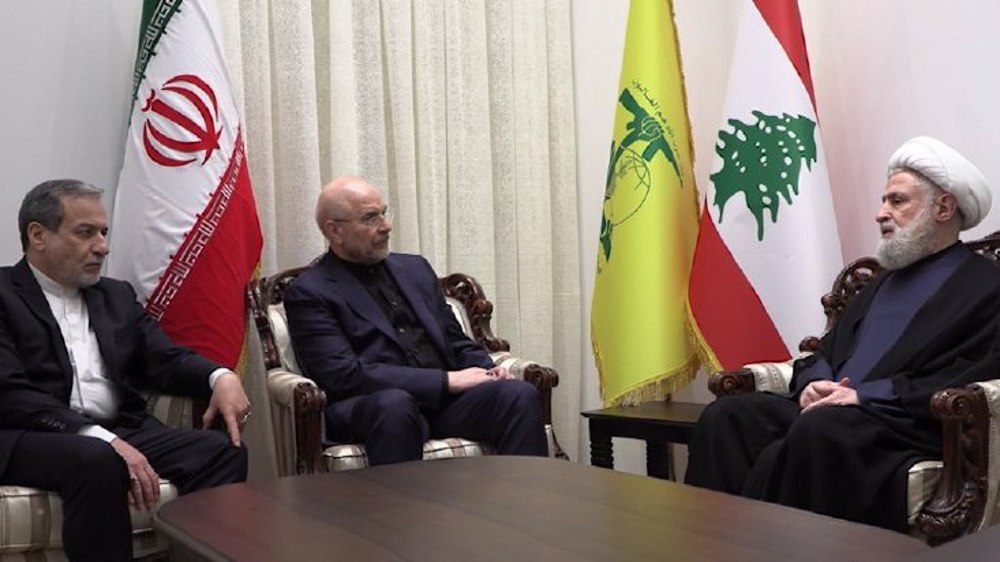
Iran’s parliament speaker, foreign minister meet Hezbollah chief in Beirut
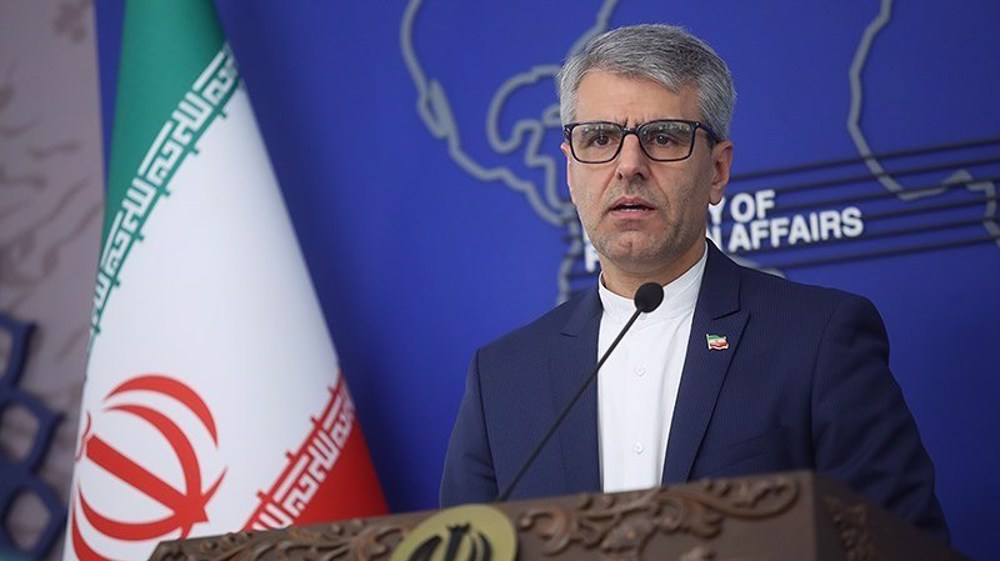
Iran: New sanctions show US 'hostility to well-being' of Iranians
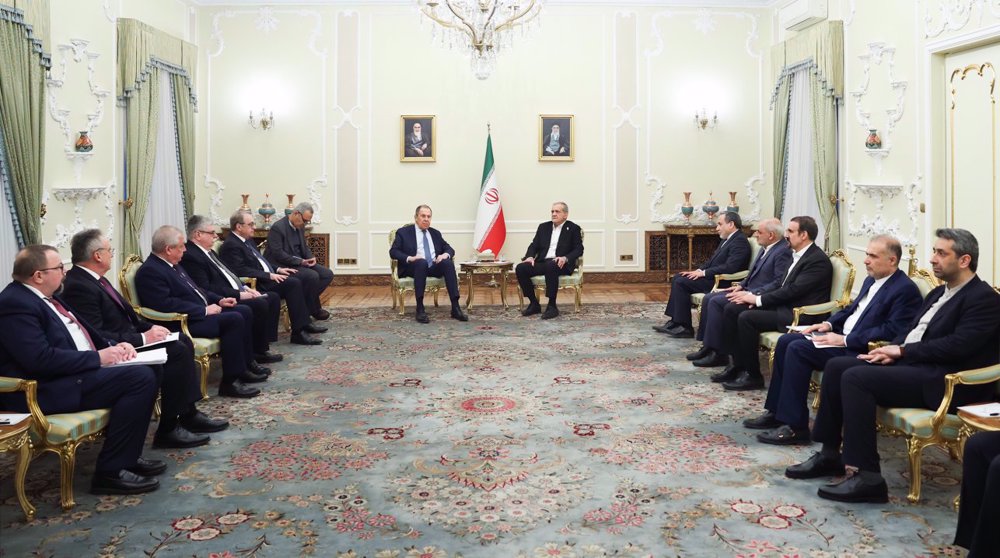
Iran’s president vows to accelerate cooperation with Russia
Iranian flotilla makes port call in India with 'friendship message'
How UK counter-terror police colluded with Zionists to detain me after Beirut trip
Biden, Blinken, Austin referred to ICC over Gaza war crimes
EU will 'do the same' if US implements tariff hikes: France
VIDEO | Press TV's news headlines
British celebrities condemn BBC removal of Gaza documentary
Iran Army acquires tactical vehicles, audio surveillance systems
VIDEO | UK police detain anti-Zionist scholar upon return from Lebanon


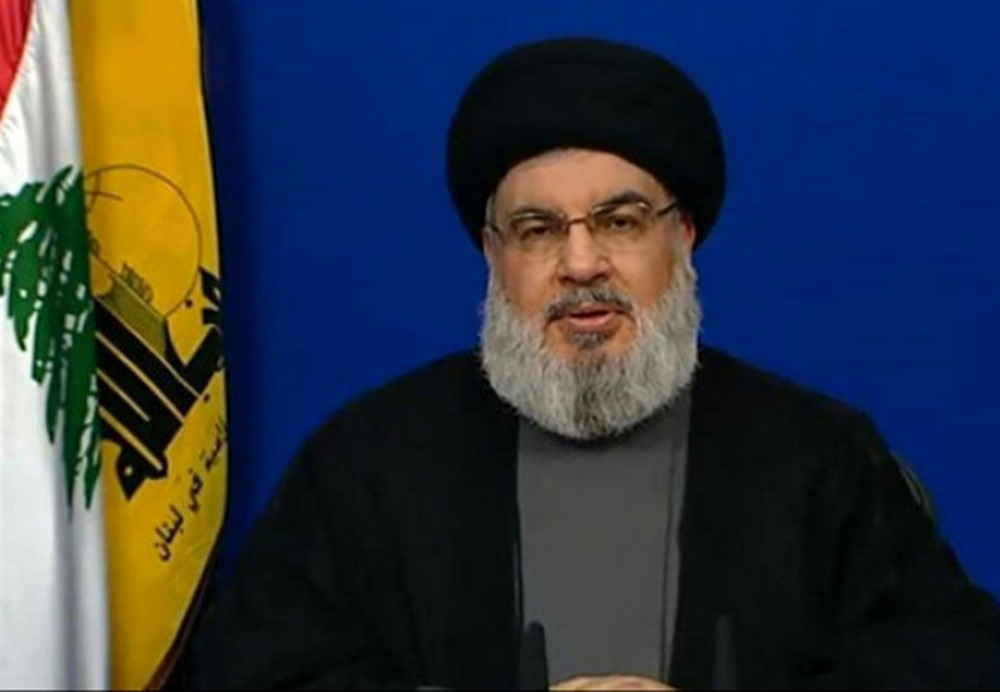
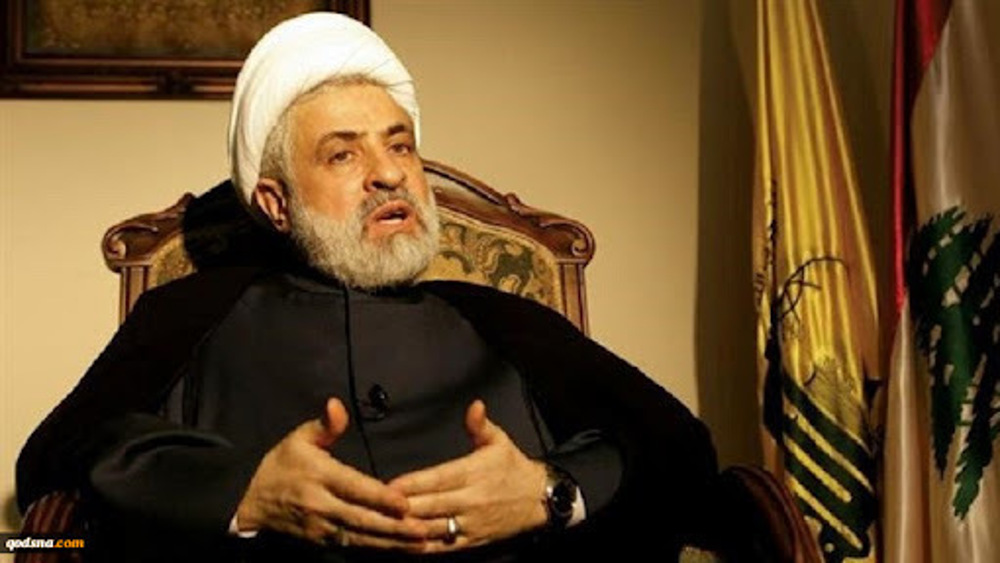



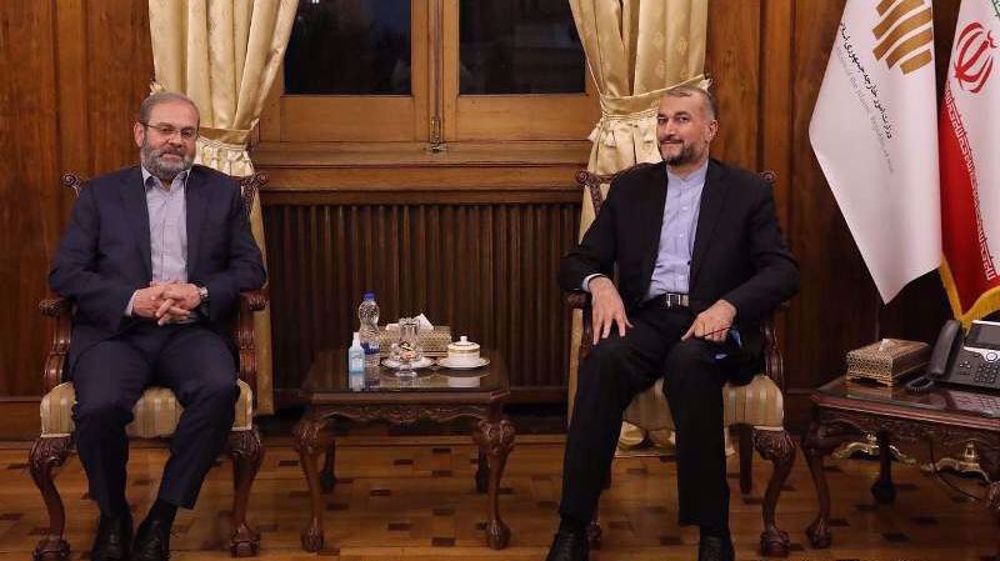
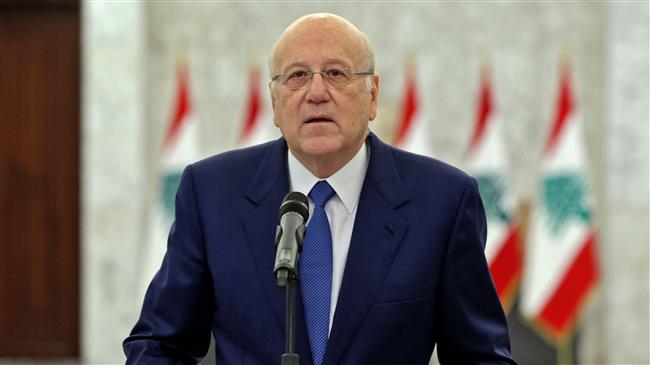
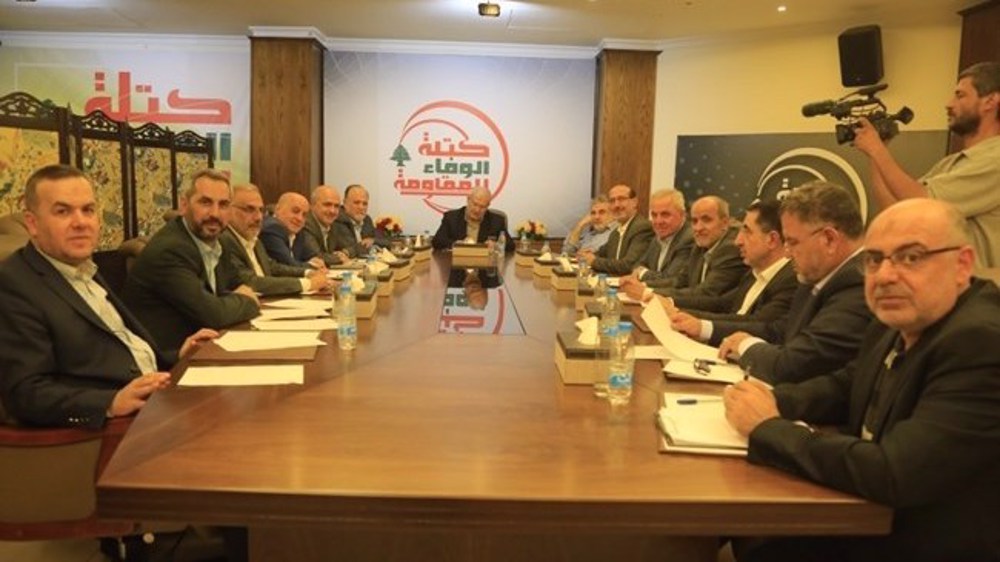
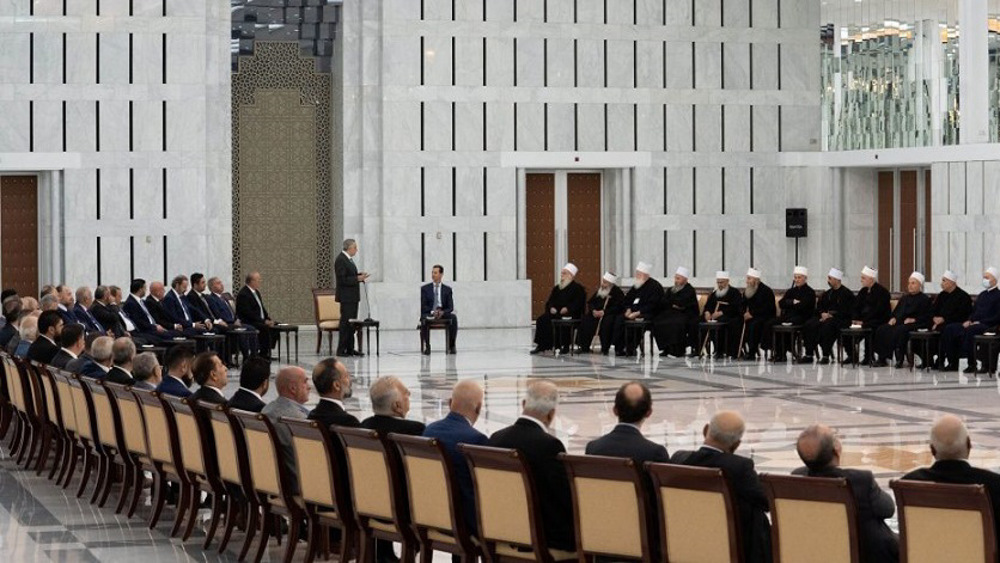
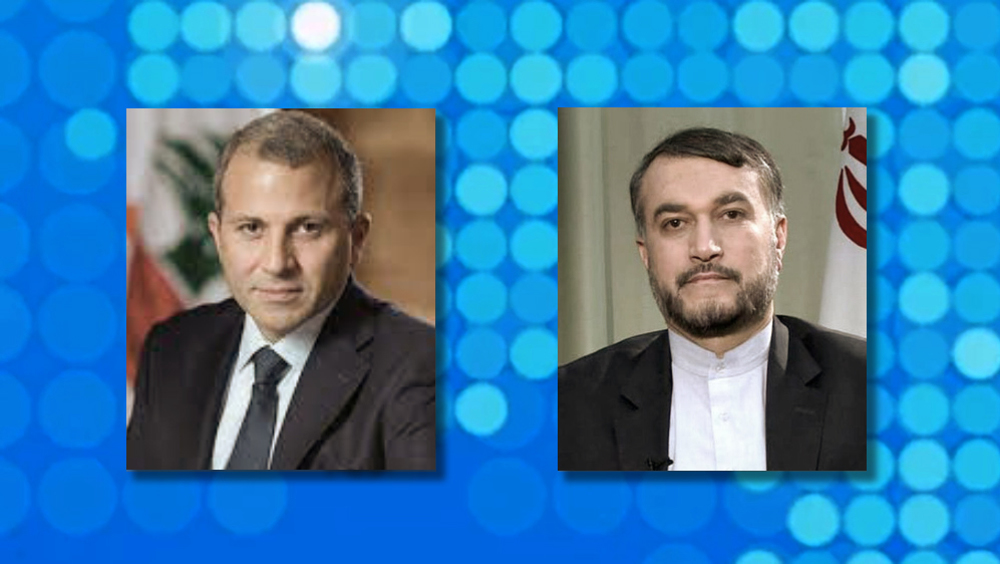

 This makes it easy to access the Press TV website
This makes it easy to access the Press TV website